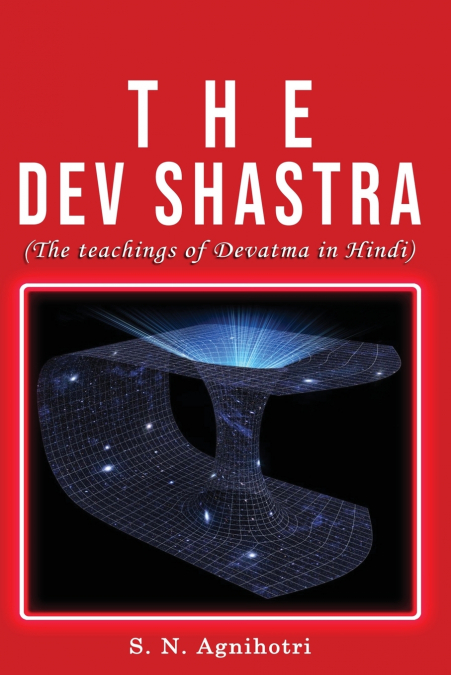
S. N. Agnihotri
Devatma brought a naturalistic, scientific, altruistic, rational and evolutionary point of view to bear upon all problems concerning the nature of the universe, theory of knowledge, nature of human personality, and the nature of human bondage and freedom. The goal of the teachings of Devatma is a life-service in which low-loves and low-hates are held to a lower-point, while the individual endeavours in high loves and high hates to remove the presence of evil in life, wherever he may find it. The teachings of Devatma is not founded on science alone; its supreme spiritual teachings are characterized by consistency and continuity with scientific knowledge in other fields. The scientific method must be employed in the field of spirituality and Dev-Dharma can be made into a science, like other sciences. The universal teachings of Devatma can open up new vistas of truth. Devatma asserts that values, which can be studied by the empirical method and human ideal, are part of the empirical life of humans and can well be accommodated in the naturalistic worldview. Devatma interprets the origin and nature of the human soul in both evolutionary and biological terms, while it also raises many interesting points regarding the evolutionary origin of the human entity. The human entity is a new entry, an emergent entity, from the ovum of a female and the sperm of a male, and its characteristics are the result of the interaction between these two cells and environments. Therefore, to understand the human entity-soul body organism, we first need to understand the laws of heredity-environments. Humans are part of nature. Hence, the human ideal is to seek and realize true harmony with existence in nature. However, harmony with others does not merely concern refraining from doing harm to them - humans must be serviceable to others to achieve the ideal of harmony. This is possible if they develop higher feelings of disinterested service of others. This is the evolution of humankind, and these are some of the truths about soul-life which differentiate Devatma from the world Religions.